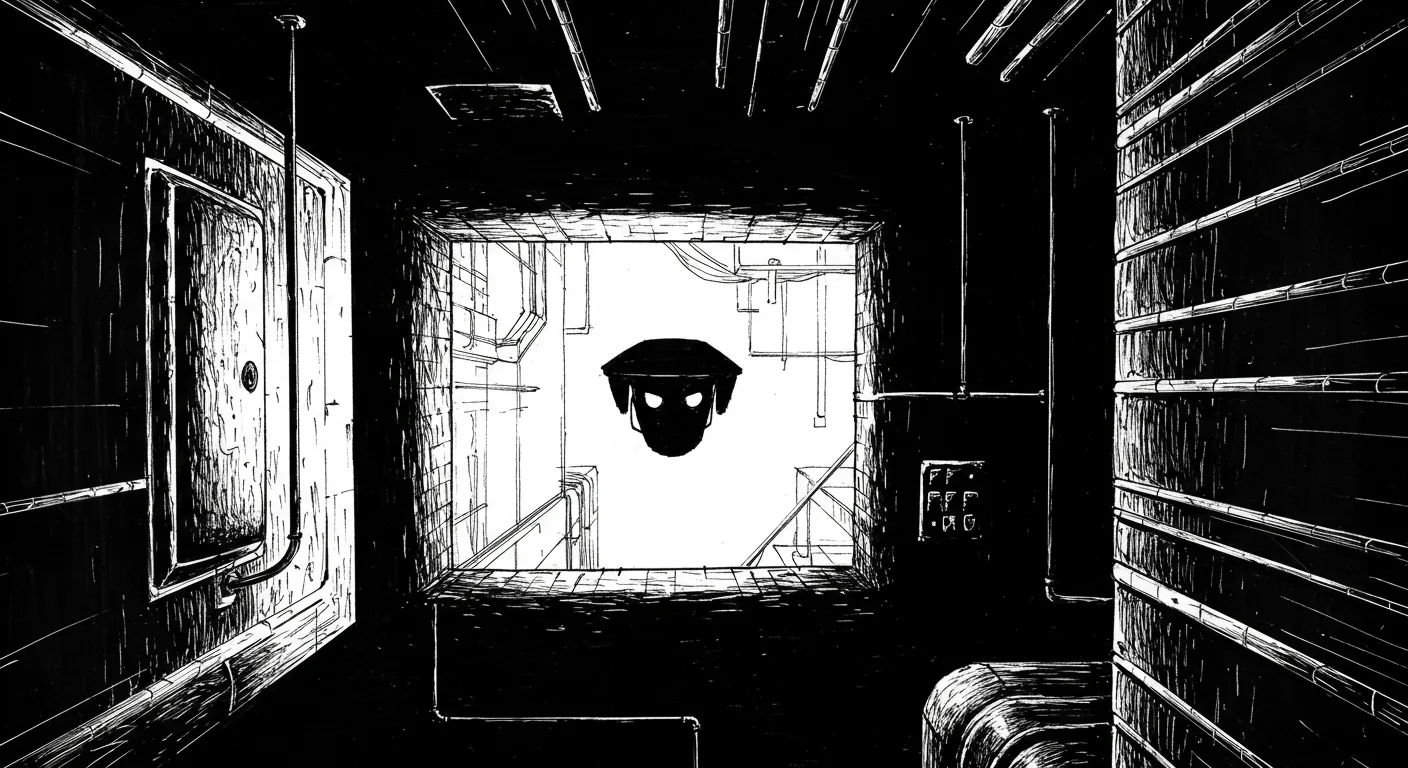In the digital age, facial recognition technology is rapidly transforming urban surveillance, raising critical questions about privacy, security, and the delicate balance between public safety and individual rights.
Online commentators are deeply divided on the implications of live facial recognition cameras. Some view the technology as an inevitable progression, arguing that increased surveillance could help solve crimes and track down dangerous individuals. The Metropolitan Police reported arresting 587 people in 2024 with the assistance of these cameras, with 424 charged with offenses.
However, privacy advocates warn of a chilling effect on civil liberties. The technology's potential for misuse is stark - from tracking protesters to enabling potential stalking or data breaches. Some online voices point out that such systems disproportionately impact marginalized communities and could be used as tools of social control.
The technical ease of implementing facial recognition is particularly alarming. With cameras becoming cheaper and AI more sophisticated, the barriers to widespread surveillance are rapidly disappearing. Some commentators suggest that private companies might even monetize such data through targeted advertising or sell access to law enforcement.
Ultimately, the debate reflects a broader societal tension: How much personal privacy are we willing to sacrifice in the name of security? As one online commentator bluntly put it, we're watching the gradual construction of a surveillance infrastructure that could fundamentally reshape our understanding of public space.


